The PTT Public Company partnership with Foxconn is expected to help fastrack the development of Thailand’s EV ecosystem. Prateek Pardeshi looks at how the JV partners plan to step up the e-game.
PTT Public Company Pvt. Ltd. (erstwhile Petroleum Authority of Thailand) played a crucial role in helping Thailand cut on its import dependency and meet domestic oil requirements for consumption indigenously, in 1978. Fast forward to 2021, more than two decades later, the state-owned turned private body is helping Thailand build its EV ecosystem. To do so, PTT Public Company (PTT) has found a partner in Foxconn Technology Group (erstwhile Hon Hai Precision Industry Industry Co. Ltd. Widely known as the contract supplier to Apple Inc., Foxconn Technology Group (Foxconn), the Taiwanese Multinational Company (MNC) into electronics has come on board as the partner to help PTT build an end-to-end EV production platform. Auttapol Rerkpiboon, President and Chief Executive Officer, PTT said, “This joint agreement was a significant milestone for PTT’s EV value chain businesses to foster sustainable growth while addressing the changing era of future energy.”
Expected to help Thailand’s EV ecosystem meet its quality goals adhering to global benchmarks, the end-to-end value chain envisioned by the two JV partners is expected to provide a big boost to the stakeholders of Thailand’s local EV ecosystem. It is being looked at as an opportunity for the domestic Thai industry to scale up! Thailand could well hold its own among the Asian countries as per Rerkpiboon. “This business partnership with Foxconn will leverage the expertise of the two companies and prove to be beneficial for the domestic automotive industry and help Thailand lead Asia as a regional EV manufacturing hub,” he is known to have opined.
Scaling up
Thailand’s transition to an EV manufacturing hub is riding on the success of the end-to-end EV production platform on offer through the JV. The production platform is envisioned to include an ecosystem with both the upstream and downstream working efficiently, and in tandem like a well-oiled system. In line with the domestic policy to promote an indigenous EV ecosystem, the new production platform will look at building blocks that include a manufacturing unit backed by supply chain management, a Research and Development (R&D) centre. The open platform will be accessible by all automotive stakeholders who can expect to benefit from open access to hardware and software services to meet both domestic sales targets as well as exports to ASEAN countries. Manufacturers can hope to benefit from the platform and launch their new EV models in turn at competitive costs.
It will be based out of the Eastern Economic Corridor (ECC), a Special Economic Zone (SEZ) designated for three provinces in Eastern Thailand. The plant is expected to be fully operational in two-three years for which a capex of USD one to two Billion has been earmarked. A key building block of the future transition, it is expected to drive in higher investments and boost the economy as a whole. With it, Thailand’s transportation and mobility ecosystem is expected to take a step in the direction of its sustainable goals with renewables as the preferred choice to meet the next leg of energy requirements.
PTT makes the switch
With a market cap of USD 36 billion, PTT has decided to make a switch from the conventional fossil-fuel-based energy business. Known to supply, transport and distribute Natural Gas Vehicles (NGV), petroleum products and lubricating oils in Thailand and export globally, PTT is turning to a lower-carbon footprint. Explained Rerkpiboon, “In response to the government’s policy, the expansion of EV production will provide significant opportunities for enhancing Thailand transportation system through reduced emissions, and this will allow the country to move more rapidly towards sustainable, renewable sources of electricity.” As a state-owned enterprise, PTT is known to support the government’s policies for a green, emission-free future, and it shares the aspiration for sustainable mobility solutions, he adds. The new JV is expected to benefit from PTT’s hold on the Thai market.
Mobility In Harmony
In an attempt to lower the entry barriers, the Mobility In Harmony (MIH) industry alliance by Foxconn Technology Group and MIH Consortium as an open ecosystem aims to accelerate innovation. Using the open EV alliance, to build an open EV platform, a majority of EV components like the chassis, batteries, Advanced Driver Assistance Systems (ADAS), cyber security, cloud connectivity, Battery Management System (BMS) can be developed. It also aims to lower entry barriers for automotive and non-automotive companies alike by offering reference designs and standards aimed at helping stakeholders reduce costs and the development cycles. The hardware and software are akin to the mobile-like development experience. They cover the full life-cycle of EV development including testing and deployment. MIH offers a platform for interest or workgroups to exchange ideas and drive EV growth with a well-worked out strategy. Market insights, certification training, IP consultation, and maturity assessment are also on offer.
Foxconn makes the switch
JV partner Foxconn comes with a repute of a contract manufacturer. In the JV, PTT is looking to build on Foxconn’s recently formed Mobility In Harmony (MIH) industry alliance, an open network that allows developers and manufacturers to provide a complete software and hardware platform for building electric vehicles. Young Liu, the Chairman of Foxconn, is known to have stated, “This cooperation with PTT and the Thai government to realise the vision of sustainable development of the EV industry, demonstrates that the MIH ecosystem is growing. Moreover, this way of cooperation is widely recognised.” As per Liu, to aid PTT’s development in EV and battery charging infrastructure, Foxconn will look to contribute its expertise and technology to gradually build a complete and vertically integrated EV industry in Thailand. The end objective is to involve strategic partners in a technological and or financial arrangement and build the next generation of EVs besides looking at other potential areas of growth. The company is looking to build such partnerships in the Middle East, India and Europe and expects EVs to contribute to the revenue by the third quarter of 2022 (Q32022).
Thailand prospects
The newly developed plant will manufacture EV’s based on the Foxconn technology mentioned above. In the initial phase of operations, approximately 50,000 EVs are expected to be rolled out. This production will be scaled up 3X to 150,000 vehicles per annum. With over 50 per cent of the domestically manufactured vehicles known to be exported, the domestic market led by two-wheelers relies on imports of fully-built vehicles. If it doesn’t catch up with the rest of the ASEAN countries on the EV front, it faces the threat of being a laggard. As one of the top automotive manufacturing nations rolling out an estimated two million vehicles produced per annum, the Thai government is naturally encouraging more investment into the country’s zero-emission vehicles business. The government is known to have put in place a 30/30 goal. This translates to an estimated 30 per cent of the overall vehicles constituting EVs by 2030. By 2030, the number of PV’s on a per annum basis will rise to approximately 725,000 vehicles. ACI
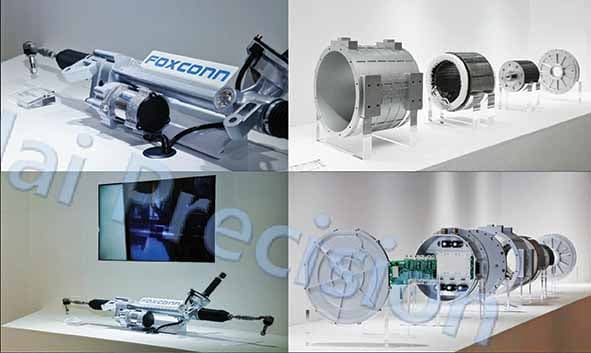 Also read, Complete Overhaul
Also read, Complete Overhaul


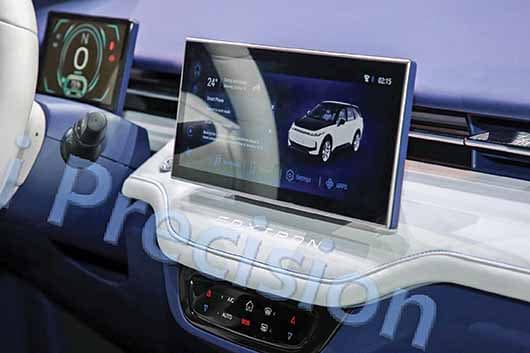




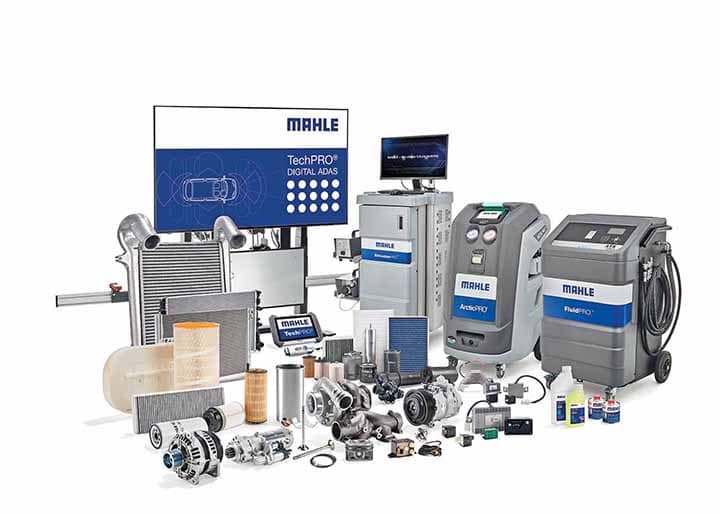



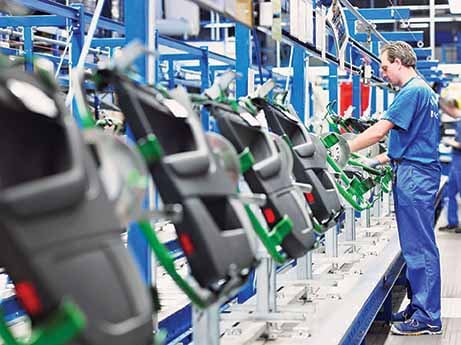

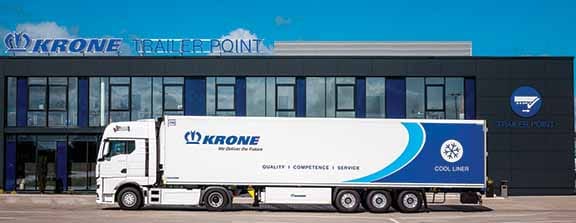




Leave a Reply